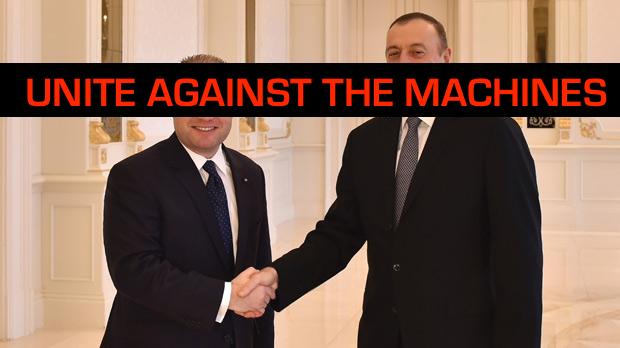This is why the Nationalist Party lost the general election
Manuel Delia’s blog-post today is an excellent piece of post-electoral analysis. This is exactly what I planned to write, and yesterday told you I would when I had more time, but now there is no need.
Right now Facebook is teeming with people who know little to nothing about politics and how parties function, postulating the most ridiculous and facile arguments as to why the Nationalist Party lost this one. Some of them, champing at the bit as usual for an excuse to have a go at me, are making the biggest fools of themselves.
When you need to know the reasons for a political event, you need the explanation to come from somebody who has the long view on Maltese politics. And that is not some random businessman, lawyer or stay-at-home mother on Facebook. That is the people who actually know their onions.
I worked out immediately what had happened – there are some minor advantages to having been forced to observe Maltese politics at close range, so as to write about the subject, for almost three decades. Manuel Delia worked it out immediately, too. He started working as an aide to cabinet ministers back in the early 1990s, which is probably when I first met him.
This is what happened. The switchers – those who had voted Labour in 2013 after formerly voting PN – came back in droves and were visible everywhere, totally mobilised in support of the Nationalist Party. Face it, they are the ones most likely to understand what the significance is when a cabinet minister sets the process in motion to incorporate a company in Panama a few days after coming to power. They don’t screech that “nobody found any money in it” because they know what the purpose of it is and don’t need it explained to them.
The flood-back of the switchers literally changed, visibly, the demographic make-up of mass meetings and party events. And they were speaking openly against the Muscat government’s corruption.
But meanwhile, aware that they were losing this considerably large segment of their 2013 vote, the Labour Party ate away at the far less visible and vocal segment of PN support, with jobs, promotions, permits and calls to see “Whether you need anything”. It was extreme clientelism and, because of the very different socio-educational make-up of those people, it was also cheaper and more exponentially rewarding.
These were the people who weren’t saying anything about their plans to vote Labour. It takes a lot to admit that you have traded your vote for favours, even if you justify it to yourself.
It costs a lot more to buy the support of somebody in socio-economic group A, because they expect far more. And you will generally win the support only of that individual and not of his extended family.
You will also have the press on your back. But if you give hundreds of customer care, receptionist, cleaning and security jobs to people who are anonymous, the press doesn’t register the fact – the Opposition is barely aware of it – and you don’t just win their individual support and loyalty, but that of their spouses and children. For the public-money price of one customer care job, you win the support of five or six people.
Anyway, do read Manuel Delia’s article. Here is the link again.

